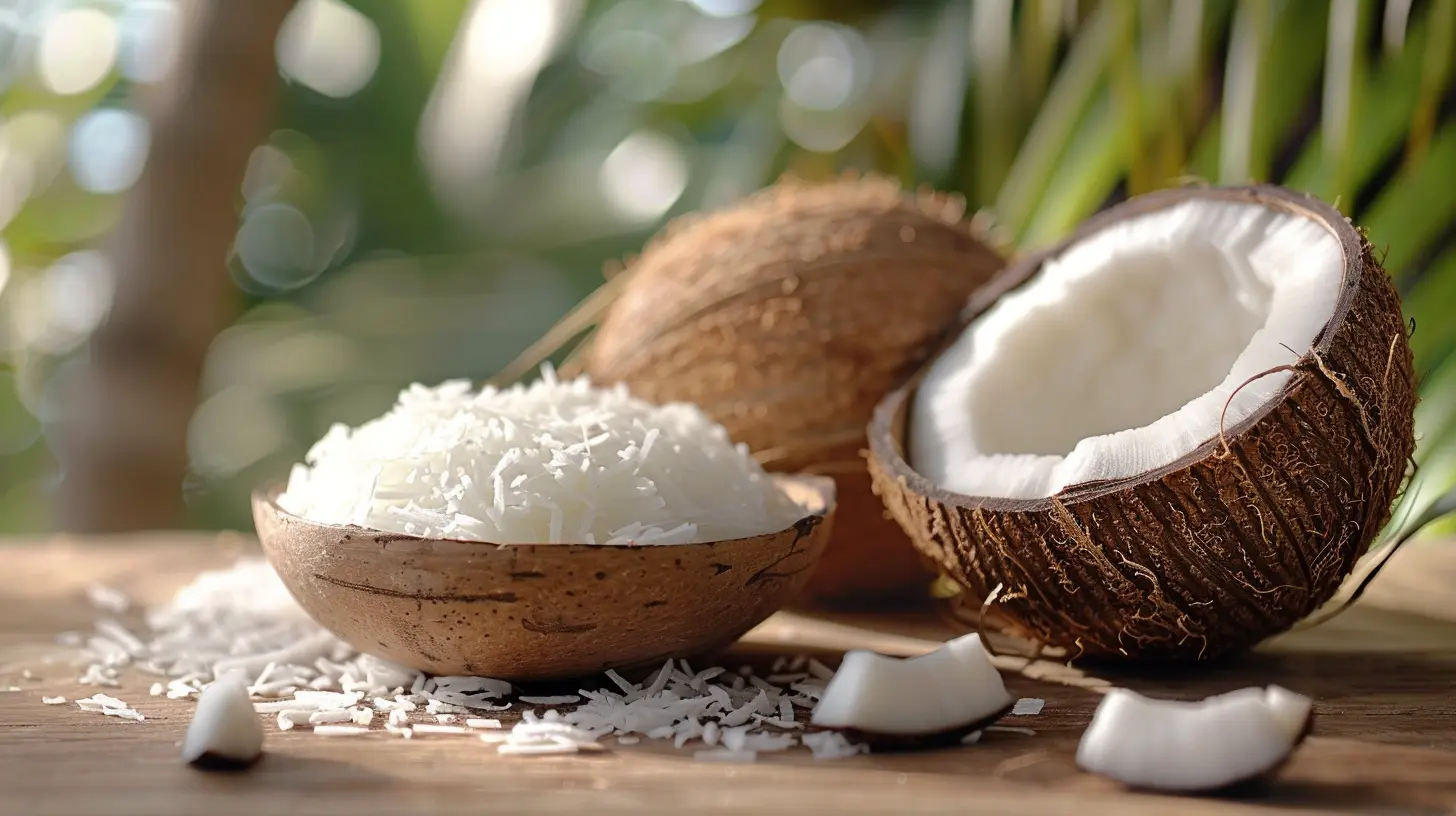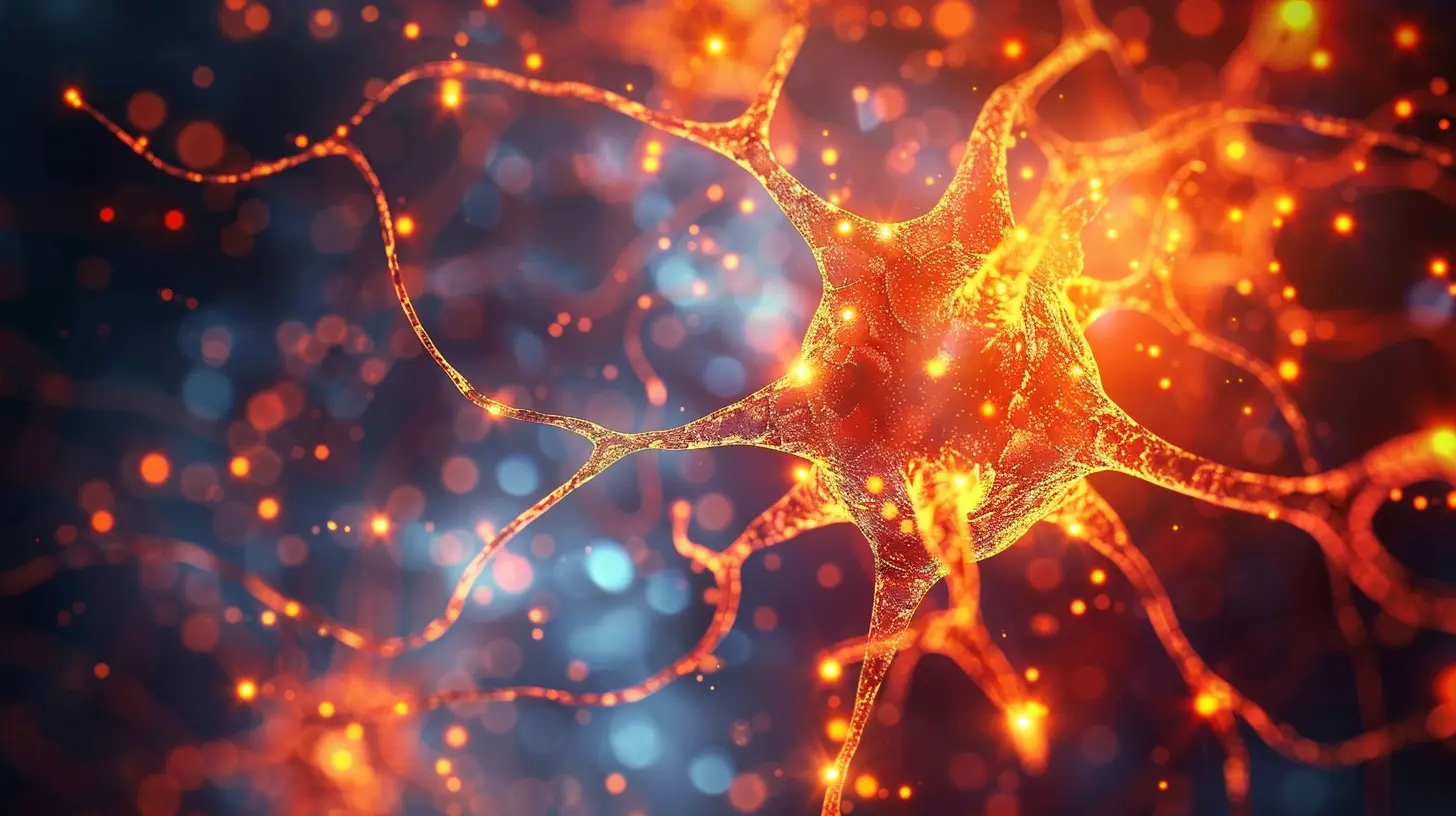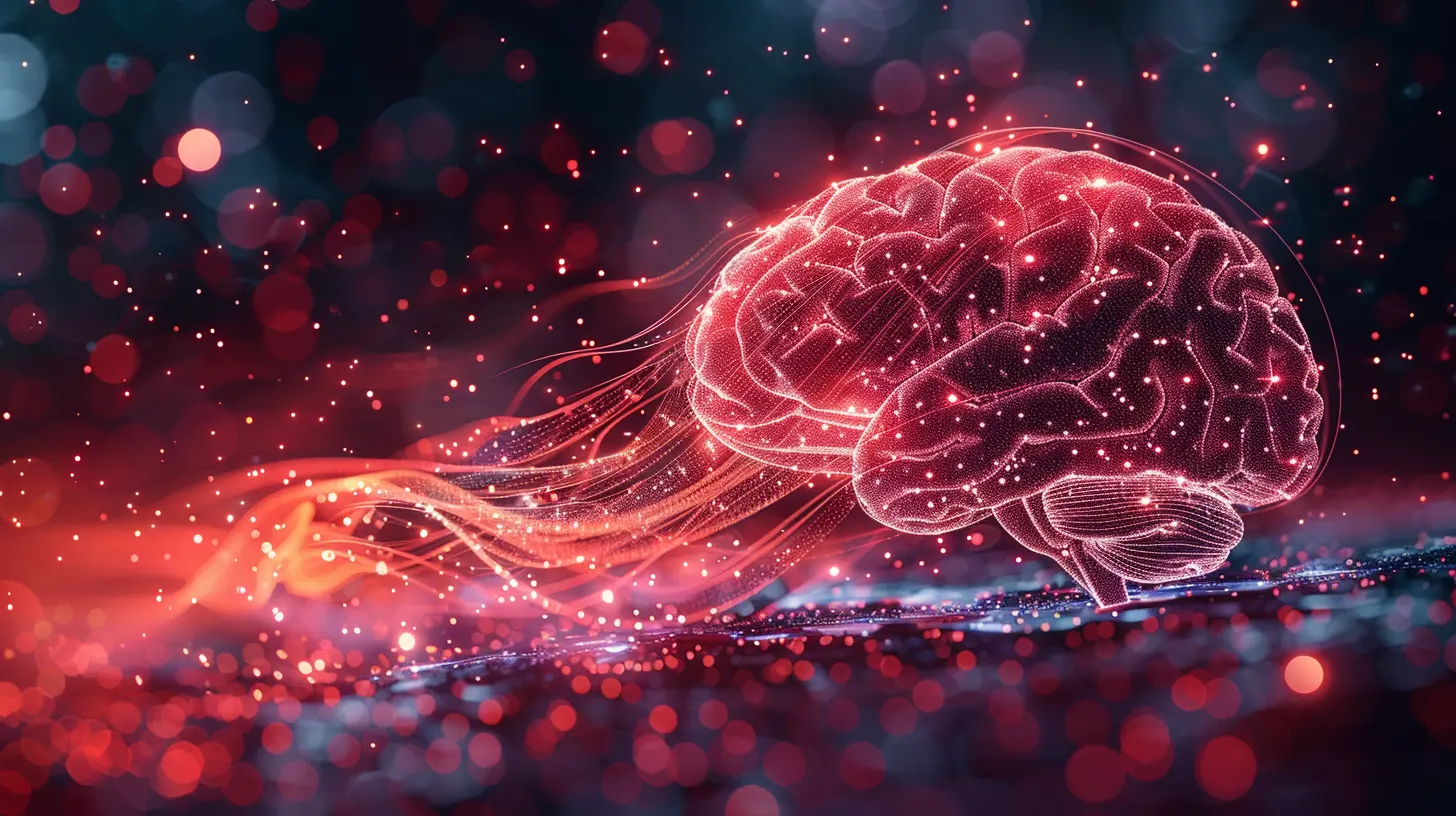The Role of Healthy Fats in Boosting Brain Function
26 October 2025
Let’s be honest—fat has had a rough reputation. For decades, we’ve been told to avoid fat like the plague if we want to stay slim, keep our hearts healthy, and live long. But science has flipped the script. Not only are fats not all bad, but the right kinds—aka healthy fats—are actual superheroes when it comes to brain health.
Yes, you read that right. Your brain practically runs on fat. In fact, roughly 60% of your brain is made up of fat. So, it makes perfect sense that what you eat directly affects how efficiently your mind works. If you’ve ever found yourself foggy, distracted, or just plain forgetful, it might be time to take a good hard look at what you’re fueling your body (and brain) with.
In this article, we’ll dive into how healthy fats play a crucial role in optimizing brain function. We’ll break down the science, call out the best food sources, and talk about how you can make fats your brain’s best friend. Ready? Let’s go.
What Are Healthy Fats, Anyway?
Okay, first things first. Not all fats are created equal. There are the good guys: monounsaturated fats and polyunsaturated fats (including omega-3 and omega-6 fatty acids). Then there are the not-so-good guys: trans fats and some saturated fats (depending on their source and how much you consume).Healthy fats are the ones you’ll find in foods like:
- Avocados
- Nuts and seeds
- Olive oil
- Fatty fish (like salmon and mackerel)
- Eggs
- Coconut oil (in moderation)
These fats help reduce inflammation, support cell growth, and keep your skin glowing—but more on that powerhouse in your skull: your brain.
Why Your Brain Loves Fat
Your brain is a high-maintenance organ. Even though it only makes up about 2% of your total body weight, it uses around 20% of your body’s energy. It’s always on, processing thoughts, storing memories, regulating emotions, and running your entire nervous system. So it makes sense that it needs premium fuel—kind of like a luxury sports car.Healthy fats, especially omega-3 fatty acids, are crucial because they:
- Make up the structure of brain cell membranes
- Boost neurotransmitter function
- Promote better blood flow to the brain
- Reduce brain inflammation
- Support the production of hormones that affect mood and cognition
Think of omega-3s as the oil that keeps your brain engine purring. Without enough, the mental gears start to grind.
The Omega-3 Connection: Brain's Best Friend
Among all healthy fats, omega-3 fatty acids are the rock stars when it comes to brain function. There are three main types:- ALA (alpha-linolenic acid) – found in flaxseeds, chia seeds, walnuts
- EPA (eicosapentaenoic acid) – found in fatty fish
- DHA (docosahexaenoic acid) – also found in fatty fish, and this one’s a big deal for brain health
DHA is the most abundant fatty acid in the brain. It’s especially key in the development and ongoing maintenance of brain function. Low DHA levels have been linked to a variety of cognitive problems, from foggy thinking to increased risk of Alzheimer’s disease.
EPA plays more of a role in mood regulation. Some studies even suggest it’s as effective as antidepressants in people with mild to moderate depression—without the side effects.
So yeah, skipping omega-3s is like trying to run your phone on 3% battery all day. It might work, poorly, and then crash at the worst time.
Healthy Fats Help Keep You Focused
Ever feel like your attention span is as short as a sneeze? You’re not alone. With constant notifications, multitasking, and an overload of information, staying laser-focused is tough.But here’s where healthy fats come in. Consuming enough omega-3s and monounsaturated fats can help improve your ability to concentrate and think clearly. These fats enhance communication between brain cells and increase the production of brain-derived neurotrophic factor (BDNF)—a fancy term for a protein that supports learning and memory.
So, next time you’re prepping for a presentation or studying for an exam, maybe skip the energy drink and load up on something rich in omega-3s instead. Your future brain will thank you.
Healthy Fats and Improved Memory
If you’re the type who forgets where you put your keys, misplaces your phone while holding it, or walks into a room and forgets why—you’re in good company. But the older we get, the more we worry about these little memory lapses.A growing body of research shows that diets rich in healthy fats can actually slow cognitive decline and improve memory, both short-term and long-term. One famous example is the Mediterranean diet. It’s loaded with olive oil, nuts, and fish—and it’s consistently ranked as one of the best diets for brain health.
Researchers believe that the anti-inflammatory effects of healthy fats help protect brain cells from damage. Think of it like putting a protective coating around your neurons to keep them firing properly.
Mood, Depression, and Fat: What’s the Deal?
Let’s not sugarcoat it—mental health is just as important as physical health. And emerging science says healthy fats may play a bigger role in emotional well-being than we ever imagined.Diets low in healthy fats have been linked to higher rates of depression and anxiety. Remember EPA? It’s critical for producing serotonin—the "feel-good" neurotransmitter. Without enough of these essential fats, serotonin production takes a hit, and your mood might follow.
Some studies even suggest that adding omega-3 supplements to your diet can improve symptoms of depression, anxiety, and even bipolar disorder. While it’s not a magic bullet, it’s definitely a tool worth considering if you're working on improving your mental health from a nutritional standpoint.
Let’s Talk About Cholesterol and the Brain
We’ve all heard that high cholesterol is bad. But here’s an interesting twist: your brain actually needs cholesterol to function properly. Shocking, right?Cholesterol is essential for forming synapses – the connections between brain cells. It also helps with the production of key hormones and vitamin D. The issue isn’t cholesterol itself but where it’s coming from and in what amounts. Healthy fats help regulate cholesterol levels in a way that supports brain health, instead of sabotaging it.
So, instead of cutting out all fat in a blind effort to drop cholesterol, it’s smarter to replace bad fats (like trans fats) with healthy ones. That’s when the magic happens.
The Best Food Sources of Healthy Fats for Brain Power
Let’s get practical. Want to eat your way to better brain function? Fill your plate with:1. Fatty Fish
Salmon, sardines, mackerel, trout—these guys pack a powerful omega-3 punch.2. Avocados
Creamy, delicious, and rich in monounsaturated fats, avocados also provide potassium and fiber.3. Extra Virgin Olive Oil
Great for salad dressings or drizzling over veggies, olive oil is full of antioxidant and anti-inflammatory properties.4. Nuts and Seeds
Walnuts, flaxseeds, chia seeds, and almonds are compact sources of brain-boosting fats, protein, and minerals.5. Eggs
Egg yolks contain good fats, vitamin D, and choline—a nutrient involved in brain development and function.6. Coconut Oil (in moderation)
While it’s still up for debate, some studies show that the medium-chain triglycerides (MCTs) in coconut oil can improve brain energy metabolism.Simple Ways to Add More Healthy Fats to Your Diet
Getting more good fats into your routine doesn’t mean you need to overhaul your entire diet. Here are a few easy, no-fuss tips:- Add flax or chia seeds to your smoothies or oatmeal
- Snack on a handful of walnuts or almonds
- Use olive oil instead of vegetable oil for cooking
- Toss avocado slices onto your sandwich or salad
- Grill or bake fatty fish once or twice a week
- Try a fish oil or algae-based omega-3 supplement (especially if you're vegetarian or vegan)
The Bottom Line: Healthy Fats = Happy Brain
Your brain isn’t picky—it just wants fuel that helps it thrive. And healthy fats are one of the best sources you can give it. From memory and focus to mood and mental clarity, the benefits of including good fats in your diet are just too big to ignore.So the next time someone tells you that fat is the enemy, you’ve got the info (and now the science) to confidently say, “Not all fat is bad—some of it literally keeps my brain sharp.”
Remember, it’s not about eating more fat—it’s about eating the right kind of fat.
Your brain will love you for it.
all images in this post were generated using AI tools
Category:
Healthy FatsAuthor:

Sophia Wyatt
Discussion
rate this article
1 comments
Katie McAdams
This article sparks my curiosity! I never realized healthy fats could significantly impact brain function. I’m eager to learn more about incorporating them into my diet!
November 3, 2025 at 5:58 AM

Sophia Wyatt
I'm glad to hear that you're curious! Healthy fats, like those from avocados, nuts, and olive oil, can indeed enhance brain health. Consider adding these foods to your diet for a boost!


